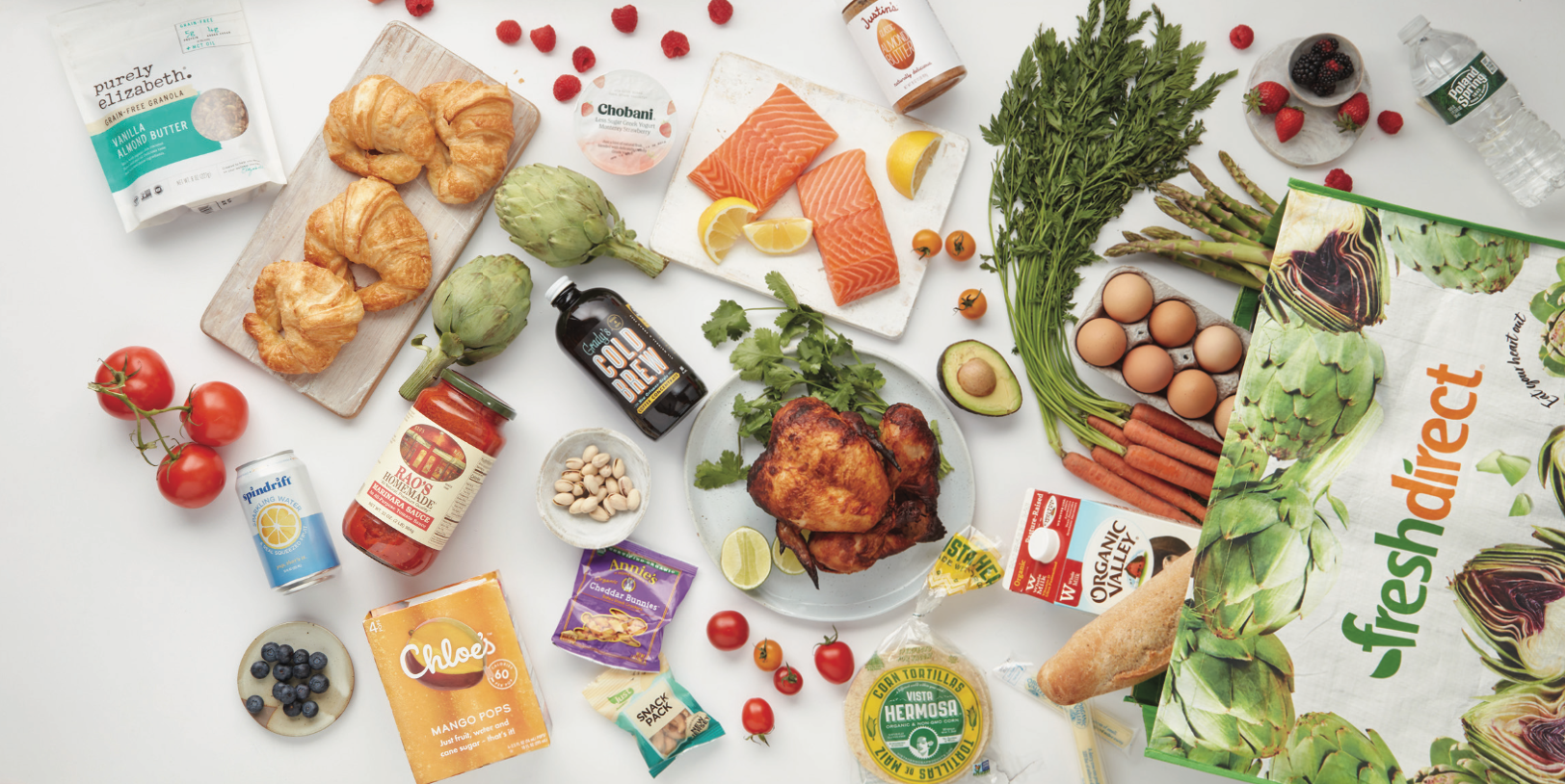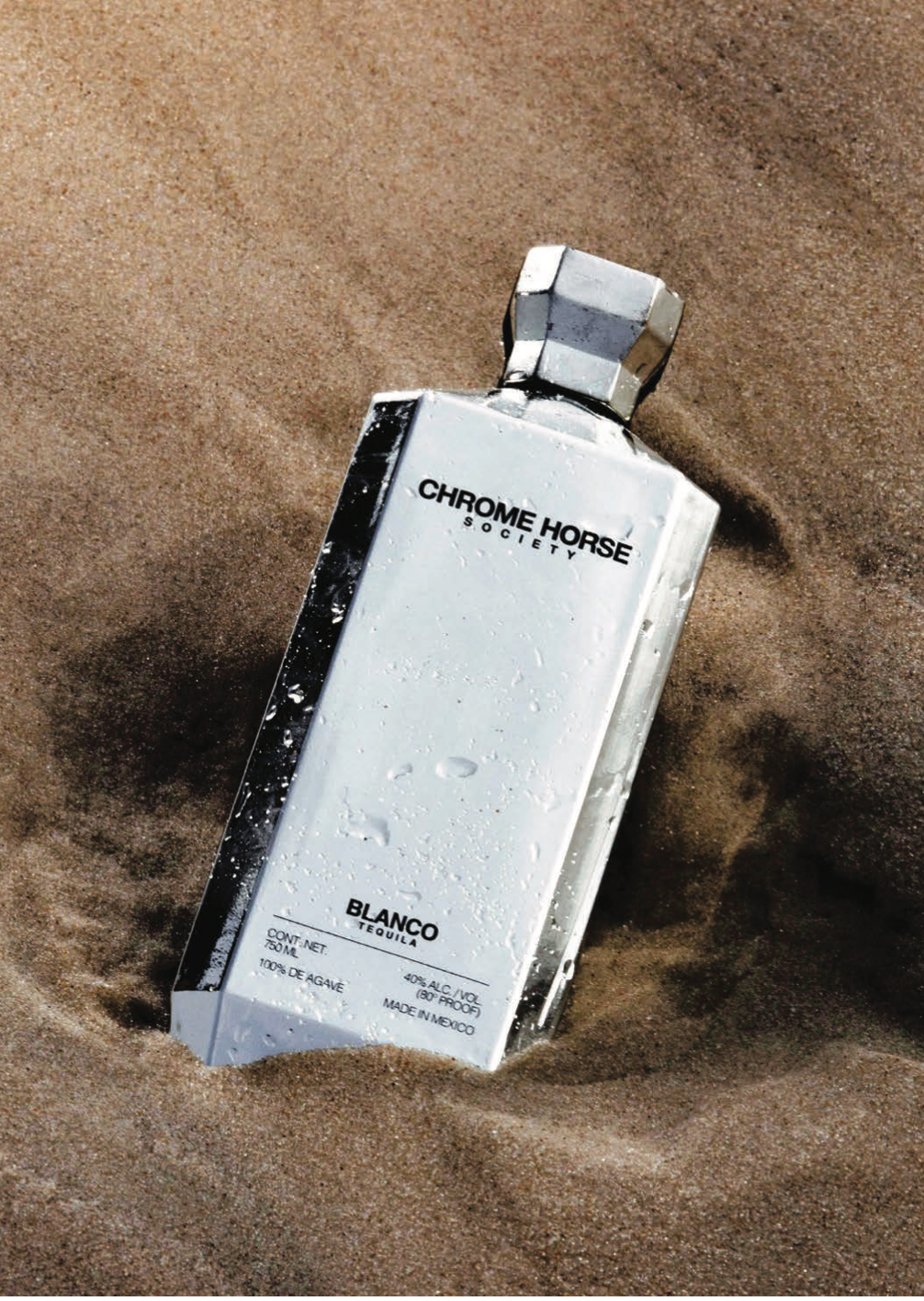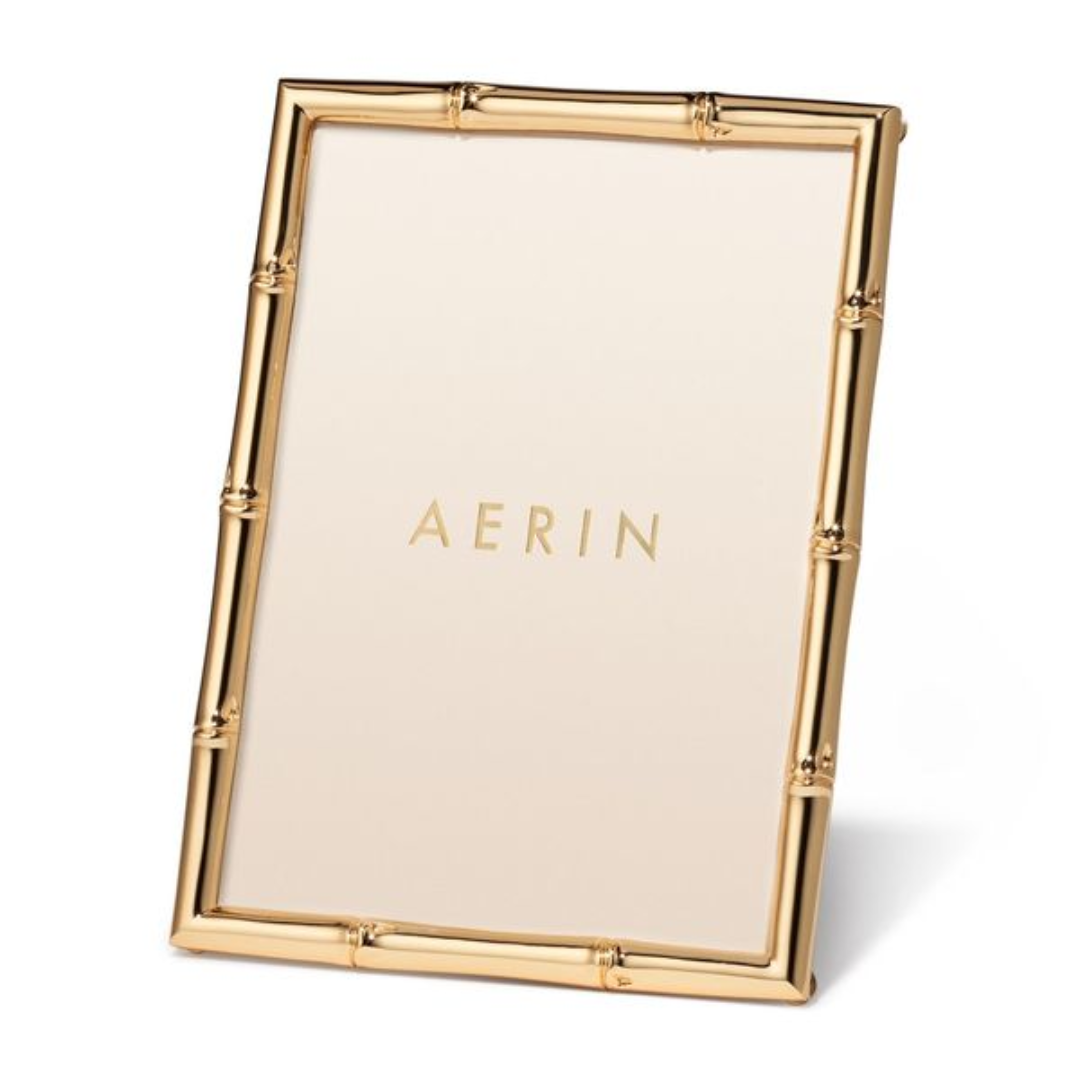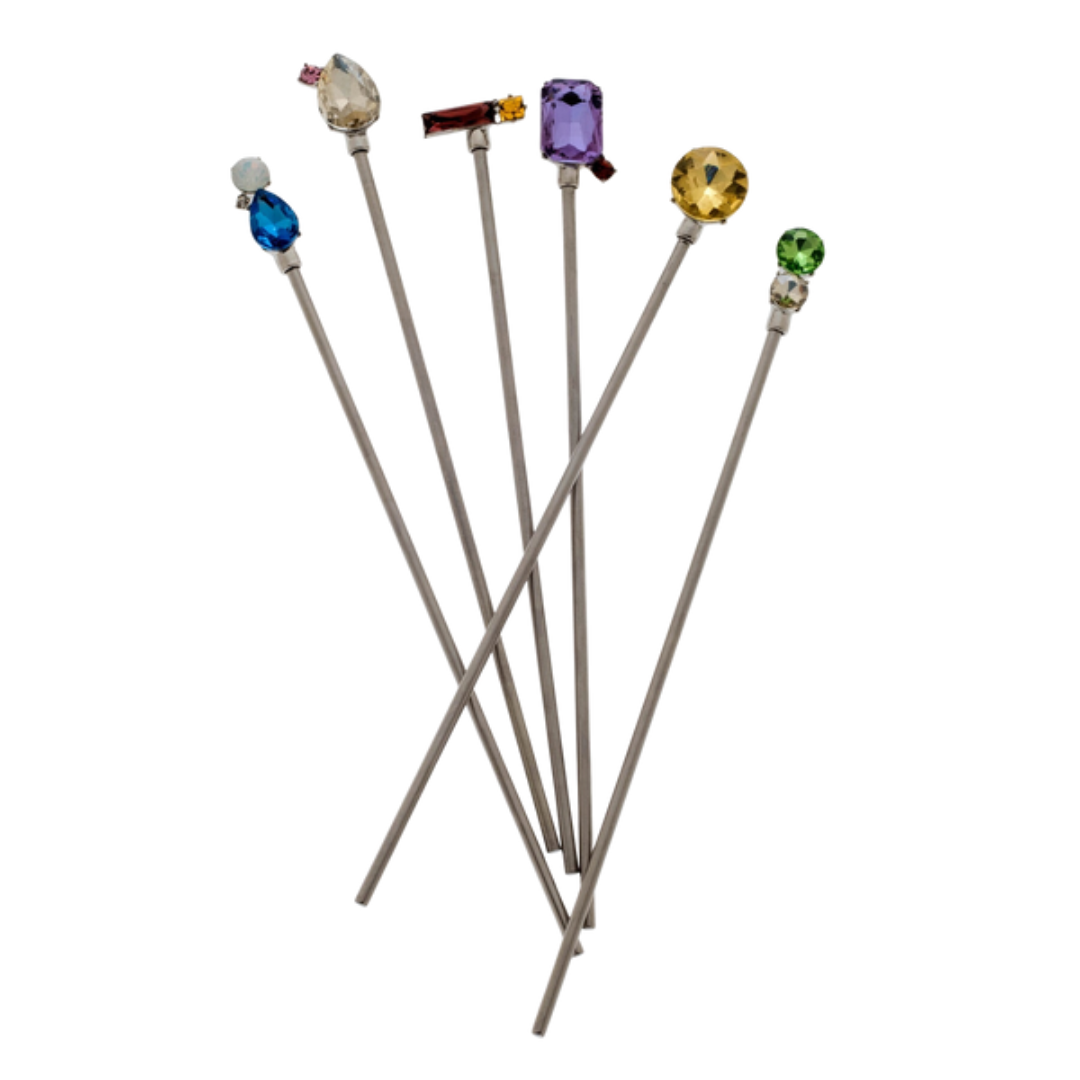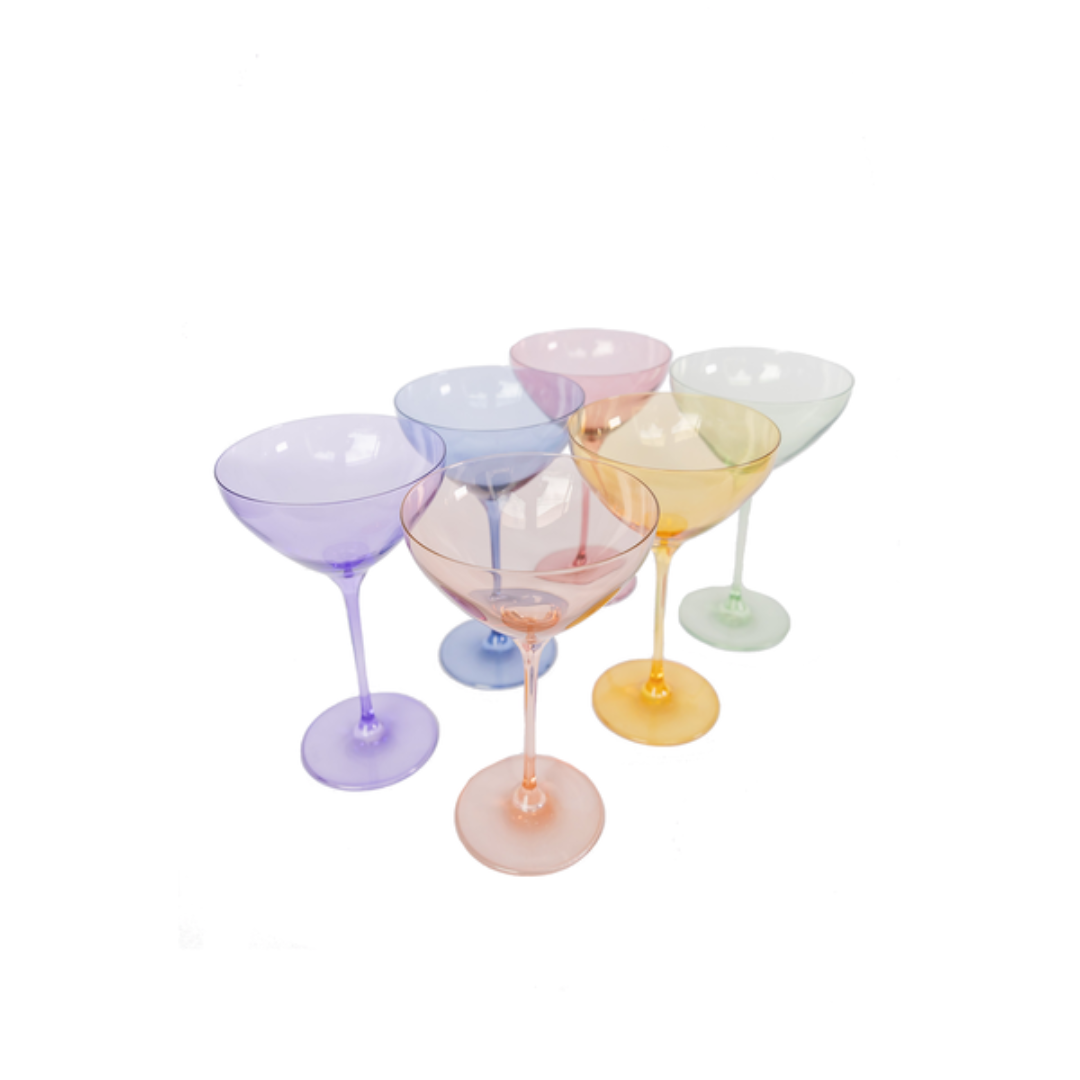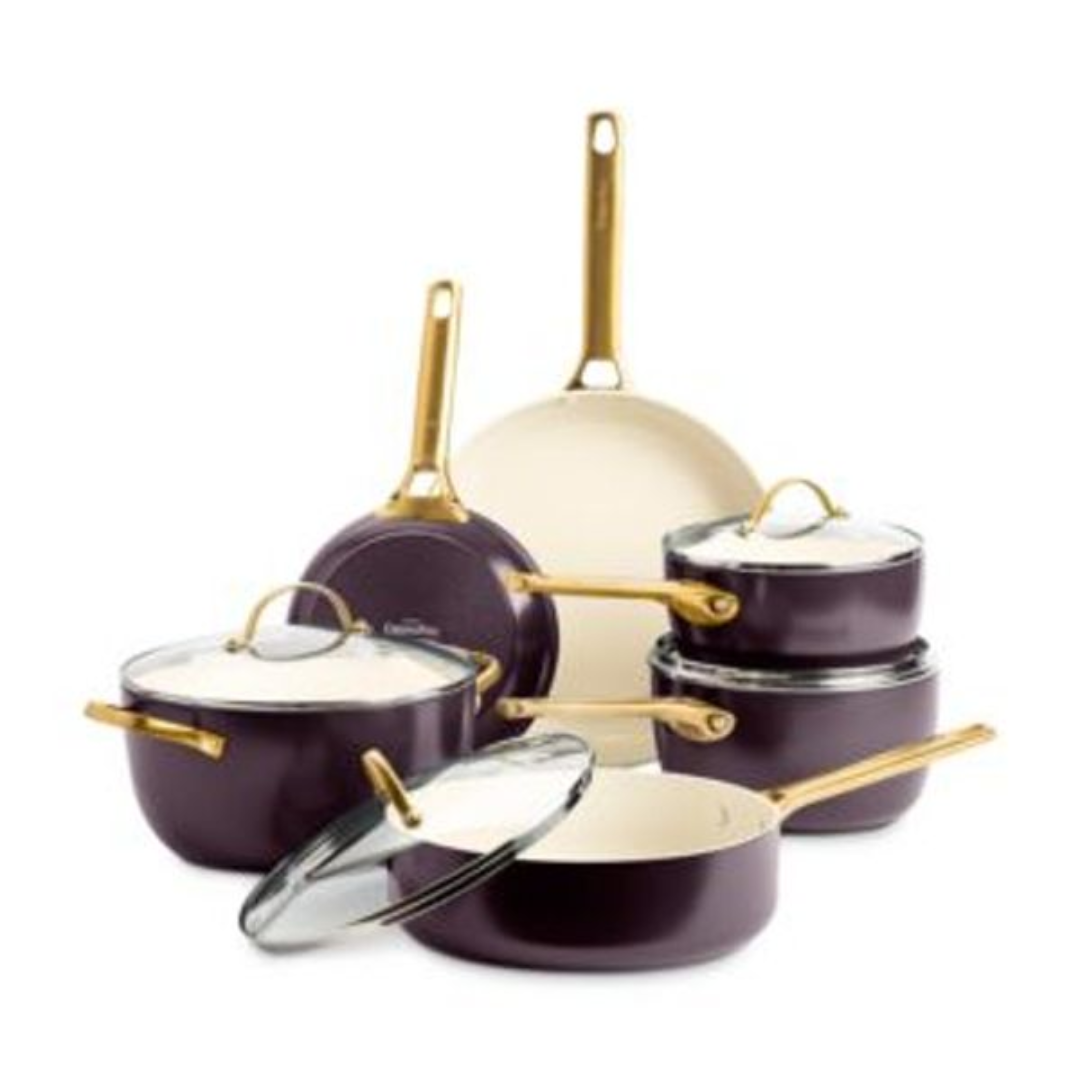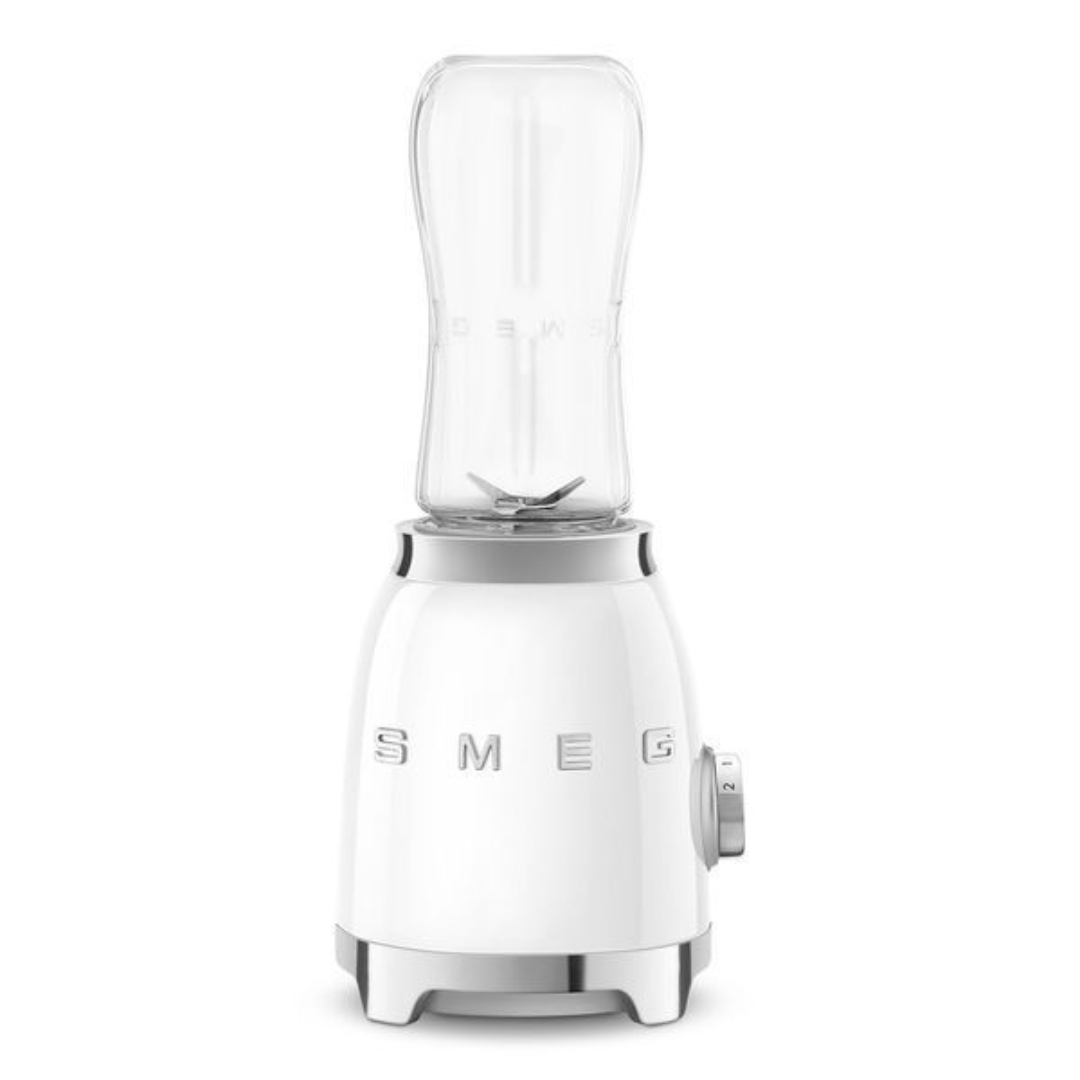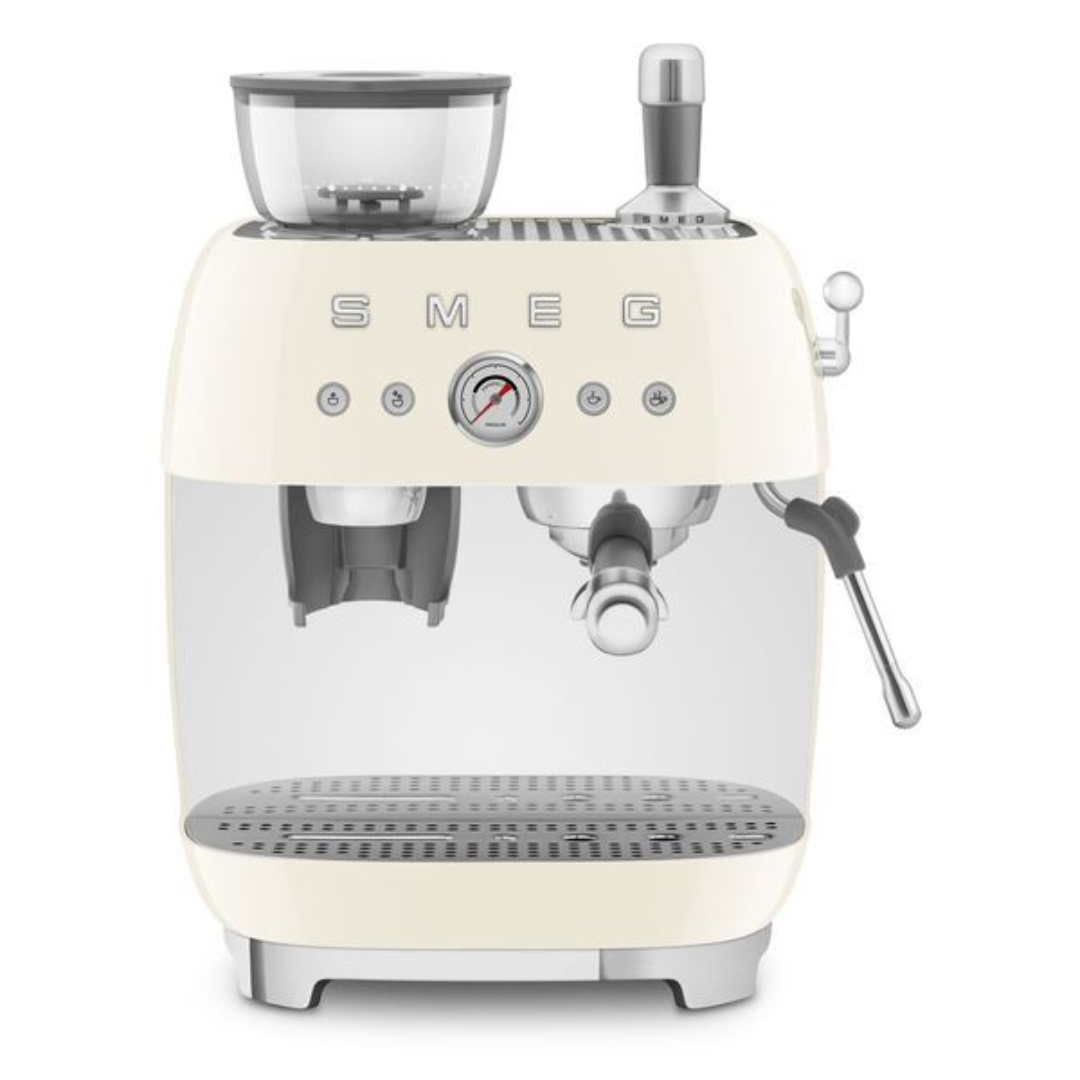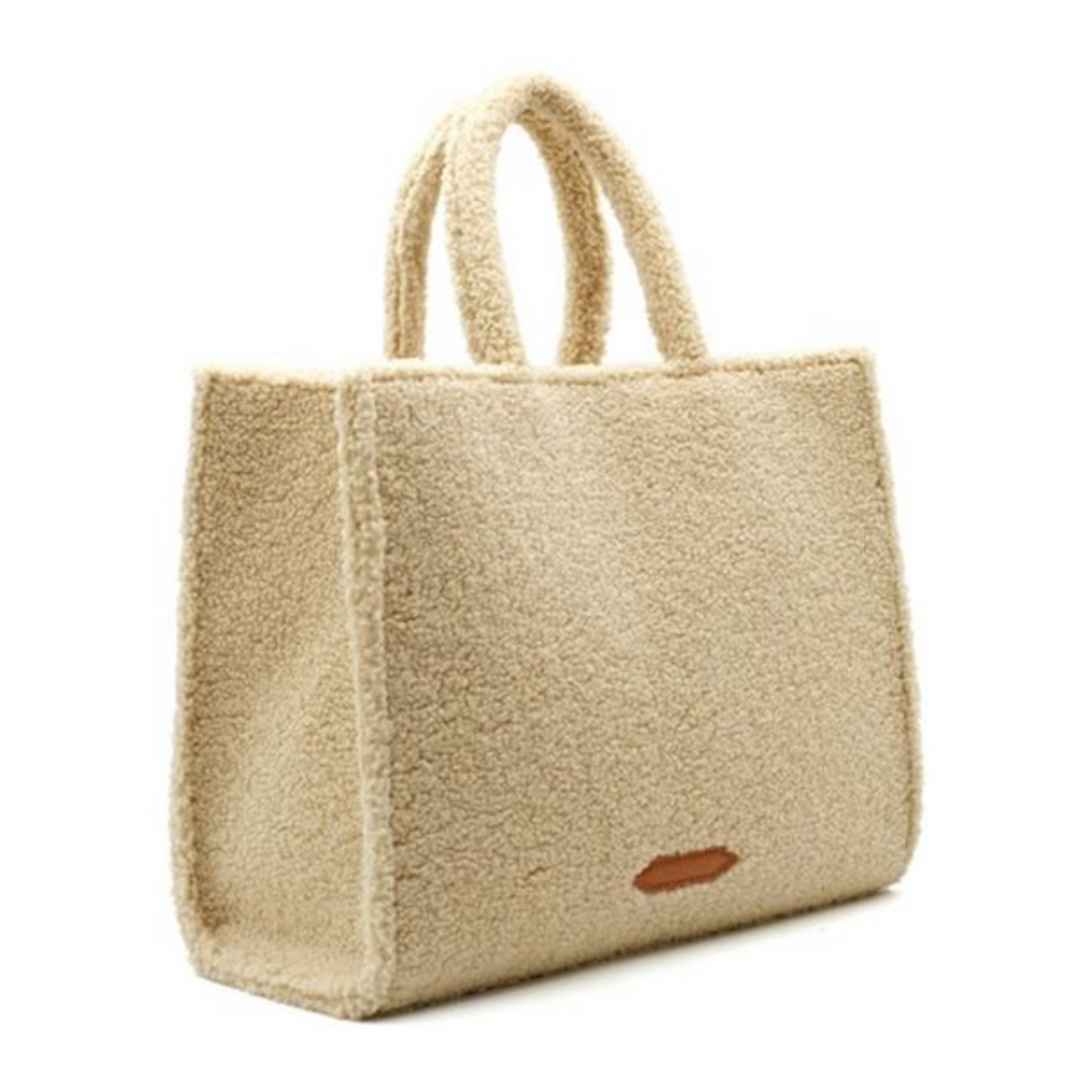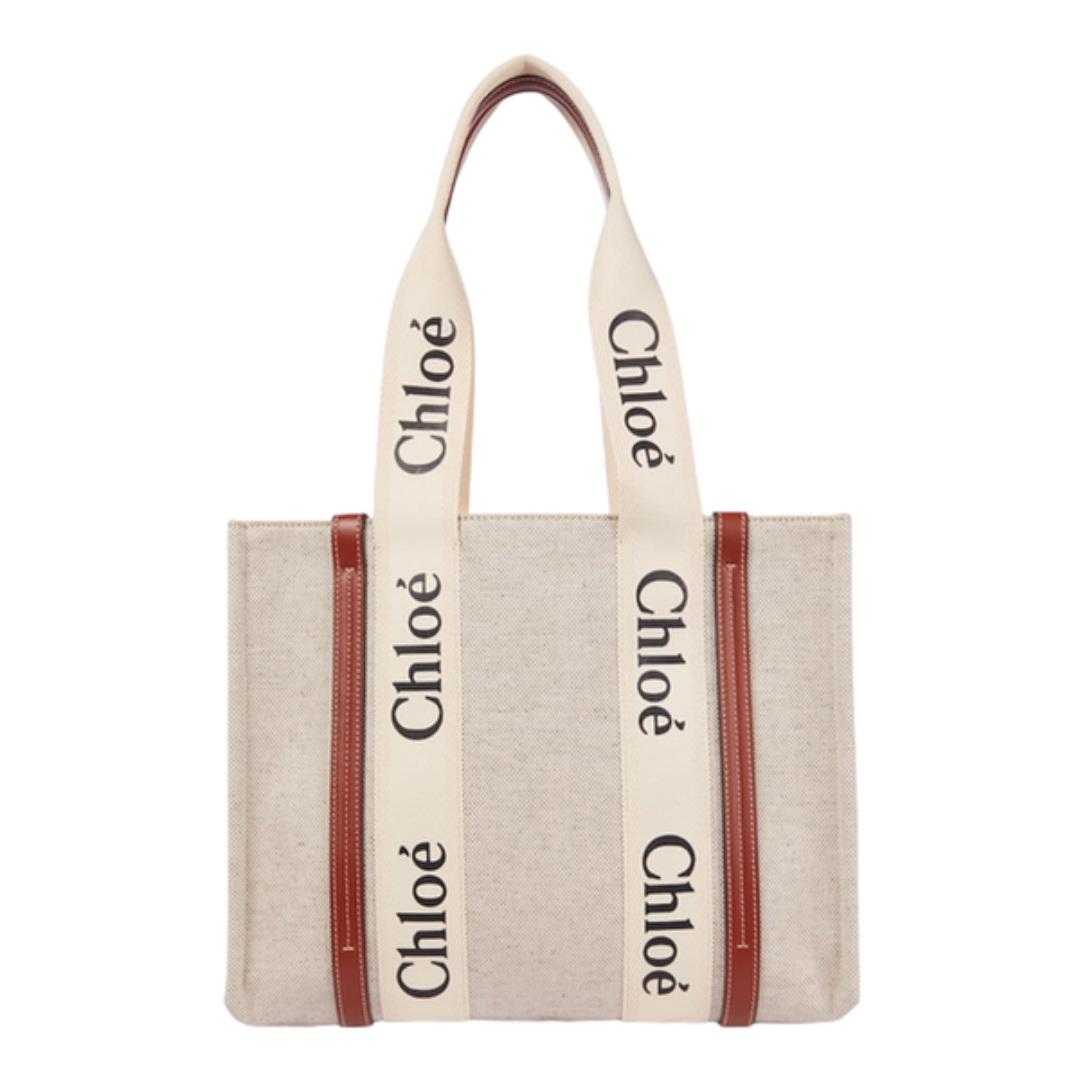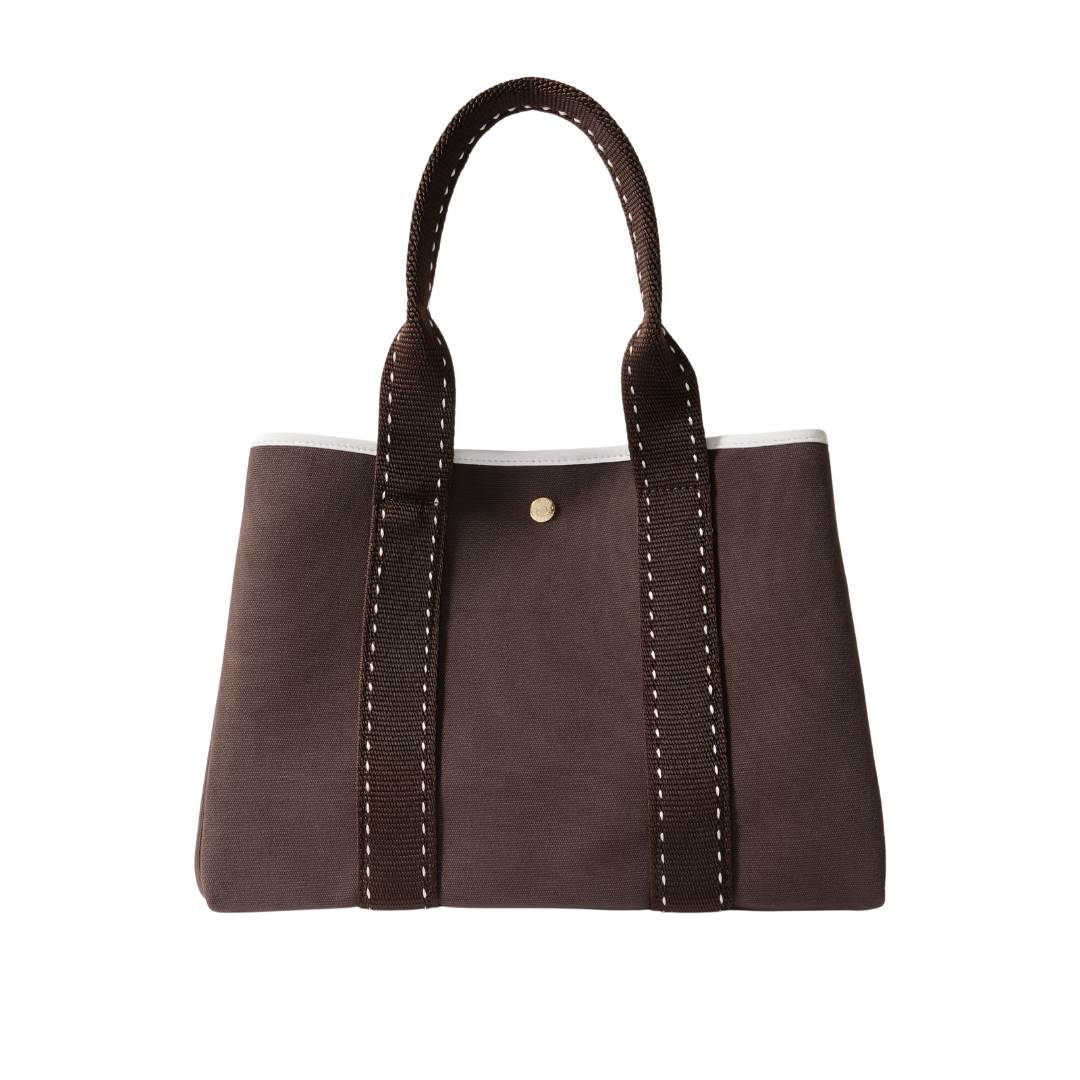The Power of Food for Mental Health
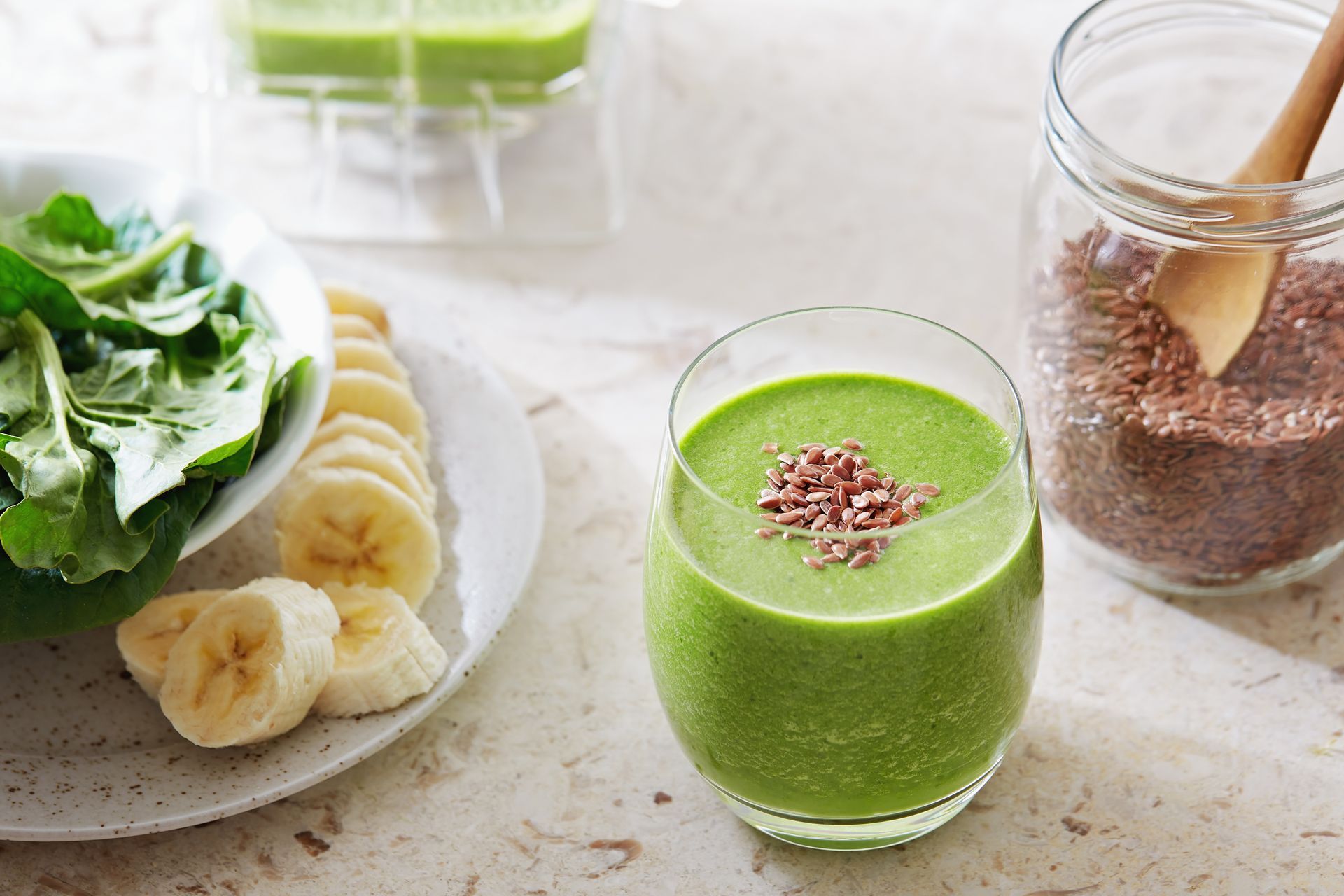
Dear Marci,
I want to know more about the connection between better food and better mental health. My daughter has struggled with depression and anxiety for most of her life. She once told me, “ I just want
to remember what it feels to be happy, even if it is only for a few minutes.” It’s hard for my family to watch someone we love live in this cycle of pain. It hurts all of us. How can food help?
Sad and Searching for Answers
Dear Sad and Searching for Answers,
Your question comes at a very pertinent time. May is Mental
Health Awareness Month and now, more than ever, we need to reflect, acknowledge, and understand the significant impact of mental illness. We also need to reduce the stigma, facilitate better treatments and recovery, and we definitely need to make food a part of the treatment plan.
I believe, at this moment, the world is experiencing a mental health crisis.
Depression, anxiety, and PTSD are at an all time high, suicide rates are on the upsurge, and too many people are suffering from the addictions and comorbid manifestations that often accompany mental illness.
And more, the fall out extends to family, friends, and the network of professionals on the front lines, with the contagion effect of mental illness continuing to ripple through too many lives. In order to be healthy and well, we need to address this crisis now, and we need to do better. After all, there is no health without mental health.
And, yes, yes, yes, I believe food can help!
I’ve had to believe. I grew up in a time when there was not aware- ness for mental health issues, like Obsessive Compulsive Disorder, (OCD), Anxiety and Panic Disorders, Depression, and Post Traumat- ic Stress Disorder. Actually, any topic related to mental illness was not talked about, at least not in a positive way, and certainly nobody had a therapist.
So I did my best to hide my rituals of having to do certain things before I walked out of a room, and then ignore my thoughts that were telling me if I didn’t touch the wall three times I would die, or worse, someone I loved would die, and it would be my fault, because that is how OCD talks to you.
Most of the time my thoughts got the best of me. Then, of course, came the panic attacks, which were much worse whenever I was away from home. Something as seemingly normal as going to watch a basketball game at my high school turned into a night of horror for me.
I’d sit in the stands, on high alert, scanning the room for the exit because i needed to know I could escape, but that still wasn’t enough to make the anxiety go away. My chest would tighten, my heart race, and I felt like I was suffocating, but I sat there, smiling, trying to figure out how to get air into my lungs, so nobody would know the battle going on inside of me.
By the time I got home I was depleted and exhausted but could never fall asleep. There was just too much to worry about. So when my mother came in the room to check and see if my sister and I were sleeping, I laid there quietly, with my eyes closed, until she turned off the lights and left. I didn’t want her to know either.
I remember the day I read an article about Obsessive Compulsive Disorder, and the depression and anxiety that accompanies it; putting a name to my struggles made me feel more normal and less like a freak. To know all of this was happening because of a discrepancy between my brain and my body was a huge relief because maybe I could feel better.
I started doing research and eventually found some information about food and mental illness. I started to eat better and I noticed I felt differently when I ate certain things. I was less anxious, and less stressed, and the chatter of OCD was much quieter. It’s what I have been doing for years and I never told anybody.
Nutritional Psychology brings more power to treatment for mental health.
Today we call it nutritional psychology but I like to call it exactly what it is...The Power of Food. Either way emerging research is exploring the impact of food on the brain, and on our mental health status. Science is examining the various components of our diet and finding connections between food with an optimal nutritional profile and healthier brains.
It’s like a perfect storm of health and wellness. The research shows certain foods can decrease anxiety, depression, and PTSD...This is life changing because this is lifesaving for so many people!
This is how food can help. EAT CLEAN
What I’ve learned from studying and researching food, is that the things our bodies need most are provided for us, naturally. And the
less we do to food, the better it is for us. This means starting with food grown in soil that is clean and cultivated, naturally, not genetically mod- ified, and avoiding foods that are treated with chemicals and pesticides.
In other words – eating whole, clean, organic whenever possible. Including foods with the most protective elements, and omitting processed, refined, and manufactured food with harmful ingredients, is the best formula to keep our body and mind functioning the way nature intended. Processed foods increase inflammation and wreak havoc on our gut and can be a source for anxiety and depression, so cleaner food means the natural rhythms, processes, and systems in our body function more effectively.
TAKE CARE OF YOUR GUT
The gut-brain axis is the communication network for our gut and our brain. It is how our gut talks to our brain, and this communica- tion originates in our gut microbiome, which refers to the world of bacteria, viruses, fungi and all living things that live in our intestines.
When all of these things are balanced, through chemical messen- gers called neurotransmitters, our gut can communicate better, and we have a healthy gut and a healthier mind. Better food is the best frontline defense for a more well balanced gut.
Some of the foods that promote better gut-brain health and help to regulate neurotransmitter production are things like quinoa, grapes, salmon, mushrooms, dark chocolate, foods with probiotic, like kefir, yogurt and fermented foods.
FOCUS ON BRAIN HEALTHY FOODS, INCLUDE PROTEIN, FALL IN LOVE WITH PLANTS
Include the complex carbs and green leafy greens, lean proteins, especially fatty fish with omega-3’s, and berries with flavonoids. All are crucial for the proper functioning of our gut, and our brain and nervous system, with the latest research also suggesting levels of protection from cognitive decline. Lean protein will also help stabilize our blood sugar levels and regulate mood, and anything with magnesium will help curb anxiety.
HYDRATE WITH WATER, MOVE, FIND YOUR SWEET SPOT
Hydration is crucial for our mental health, so much so, even mild dehydration can decrease our dopamine and serotonin levels, putting us at risk for depression and anxiety. Everyone should be drinking half of their body weight in ounces of water, every day, most especially individuals suffering with mental health issues.
And including exercise can help to improve mental health because every time we move, our body releases endorphins and other natural feel good brain chemicals to reduce depression, anxiety and regulate mood. Exercise and a healthier nutritional platform is also the best way to find our sweet spot – that perfect place of optimal weight, health and happiness for our body and mind.
I will always believe there is hope and opportunity to treat e ven the most serious mental health issues.
Historically people have always endured pain and trauma, and still walked away with a lot of good stuff, like resilience, fortitude and new strengths and abilities. You see, our bodies react a certain way to food, all of it our cells, our neurotransmitters, every single system. And when we put the right food into our body, we make it stronger, and healthier, both physically and mentally.
Recovery is real. In the mental health world we call this post traumatic growth. And with the right supports in place this process is even more transformative. Food is definitely one of those right supports, and it needs to become part of the treatment plan, and yes, it most definitely helps.
MARCI’S SUPERPOWER SMOOTHIE
This smoothie recipe is my everything, because it does it all. Raw Cacao and avocados, have magnesium and healthy fats, bananas have tryptophan, which our body uses to produce serotonin, spinach give us the complex carbs, flax seed feed our gut with fiber, protein will regulate our moods, and together this recipe will contribute to bring much more happiness and harmony to our body and mind.
• 1 avocado
• 1/2 banana
• 1/2 cup spinach, or favorite dark greens • 1/2 cup blackberry/blueberry mix
• 1 cup almond milk
• 1 cup crushed ice
• 2 TBS raw cacao
• 2 TBS flax Seed
• 1 scoop favorite protein powder
Add all of the ingredients to your blender. Place the lid on the blender and blend until smooth. I blend on the whip setting for the last 30 seconds to thicken it up a bit.
If you like it thinner skip this step or add more almond milk or water.
Enjoy right away. This recipe makes two smoothies so you can share with someone you love.


